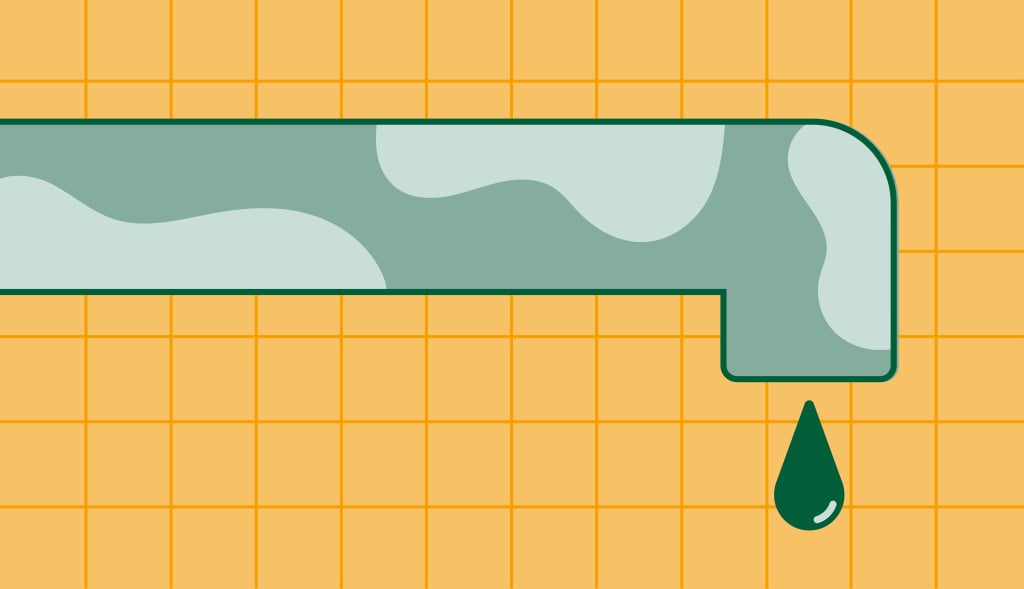The Impact of Water Quality on Water Heater Performance

Water quality plays a significant role in how effectively your water heater performs. Various factors within water supplies, such as mineral content and water contamination, can affect your heater’s longevity, efficiency, and overall functionality. This article explores the effects of different water qualities on water heaters, discussing issues like mineral deposits, sediment buildup, and corrosion.
The Role of Minerals in Hard Water
When talking about water quality, the distinction between hard and soft water is crucial. Hard water is high in minerals, particularly calcium and magnesium. These minerals can lead to mineral deposits or scale, which can build up inside your water heater, reducing its efficiency and lifespan.
The formation of mineral deposits creates a layer of insulation between the water and the heat source. This reduces water heater efficiency as the appliance must work harder to heat the water. In addition, scale can also lead to the formation of soap scum, affecting both your water heater and household appliances, and can interact negatively with soap, potentially impacting skin and hair.
In the United States, water hardness is a common issue in many areas. The Environmental Protection Agency (EPA) doesn’t consider hard water a health risk, but it can pose significant challenges to water systems, including your water heater.
Water Quality Affecting Performance? Find the Solution Here!
Don’t let poor water quality bog you down. Corro-Protec’s powered anode rod offers an efficient solution that directly counteracts water quality issues, improving your water heater’s performance. Stop the guesswork and get straight to the solution. Choose Corro-Protec for consistent, top-tier performance.
Softening the Blow with Water Softeners
Water softening systems are a common solution to tackle the problems caused by hard water. These systems replace calcium and magnesium ions with sodium ions, which don’t lead to scale buildup. While there is some debate about the potential health risks associated with increased sodium in drinking water, for most individuals, the amount added through a water softener isn’t significant.
It’s important to note that water softeners can’t remove all potential contaminants. Ensuring your water is free from harmful contaminants is also crucial for both your health and the performance of your water heater.
Contending with Contaminants
Water contamination can occur in any water supply, and certain contaminants can affect your water heater. For example, iron in water can cause rust to form inside the heater, leading to corrosion and potential failure. Meanwhile, sand or other particulates can lead to sediment buildup, reducing the efficiency of your water heater and possibly causing it to fail prematurely.
Testing for Troublesome Minerals and Contaminants
If you’re unsure about your water quality, testing is a simple solution. Various test kits, including test strips, can quickly give you a sense of your water’s mineral content and other potential issues. Some water systems may also offer water testing services, providing you with a detailed analysis of your tap water.
Conclusion
While the quality of your water might not be the first thing that comes to mind when considering the performance of your water heater, it plays a vital role. High mineral content can lead to mineral deposits, reducing water heater efficiency. Simultaneously, other contaminants can cause damage leading to premature failure.
Understanding your water quality and taking steps, such as installing a water softening system, can help protect your water heater and ensure it runs efficiently for years to come. Stay tuned for more insights and information about water quality, water heaters, and much more.
Blog
Hard Water Stains : 3 Easy Ways To Prevent It
Hard Water Stains Come from Limescale In The Hot Water Lack of pressure in the faucets, whitish deposits (hard water stains) on the walls of […]
Washing Hair in Hard Water: Your Ultimate Guide
Understanding Hard Water and Its Effects on Hair Hard water, characterized by a high concentration of dissolved minerals like calcium and magnesium, can pose several […]

